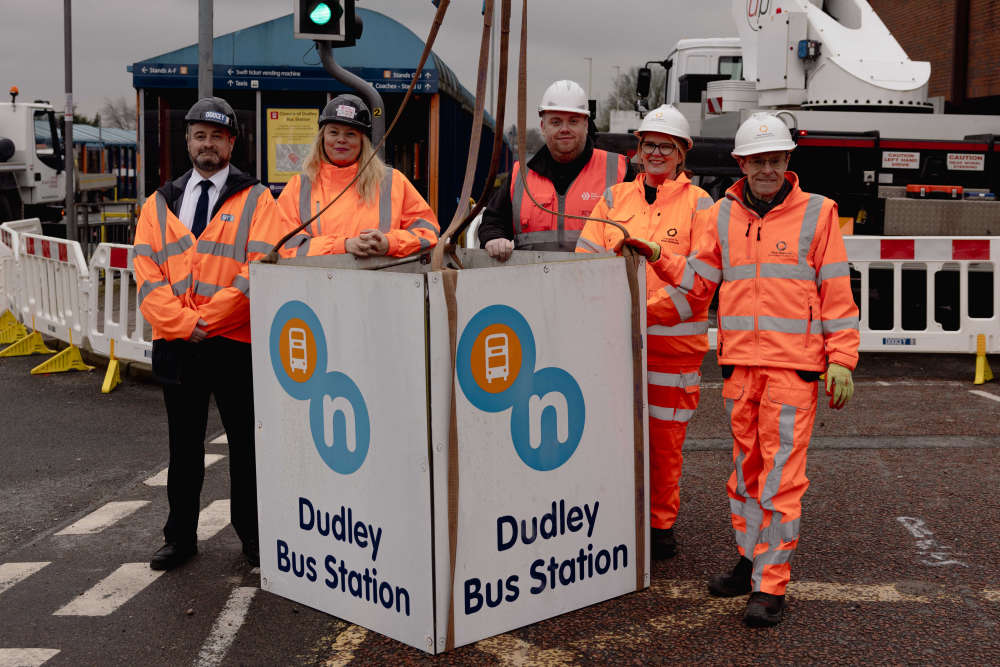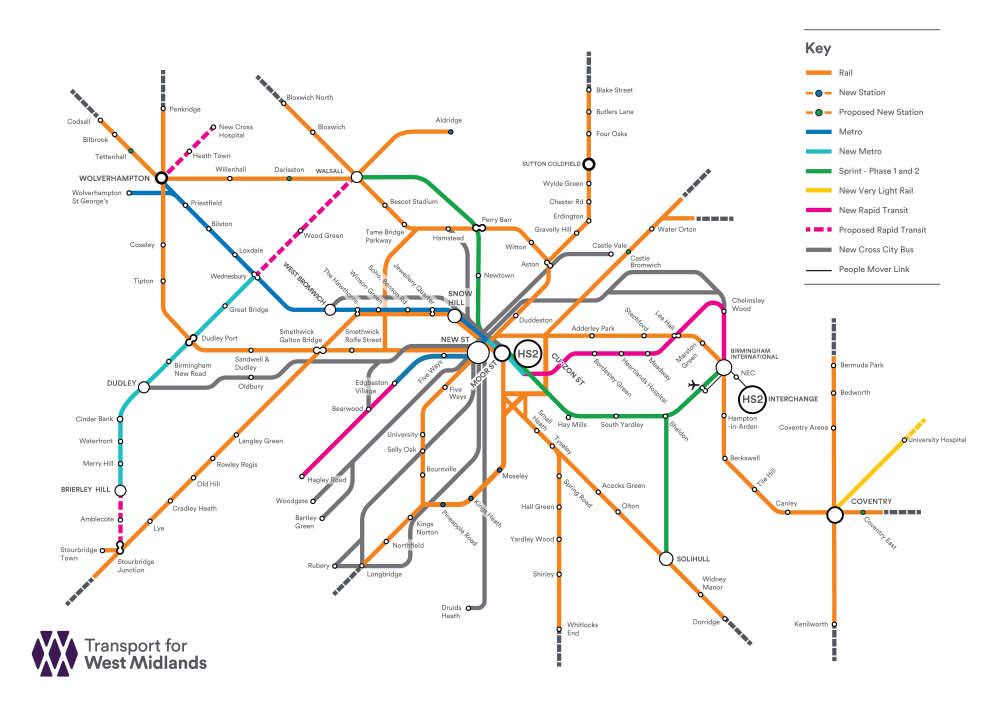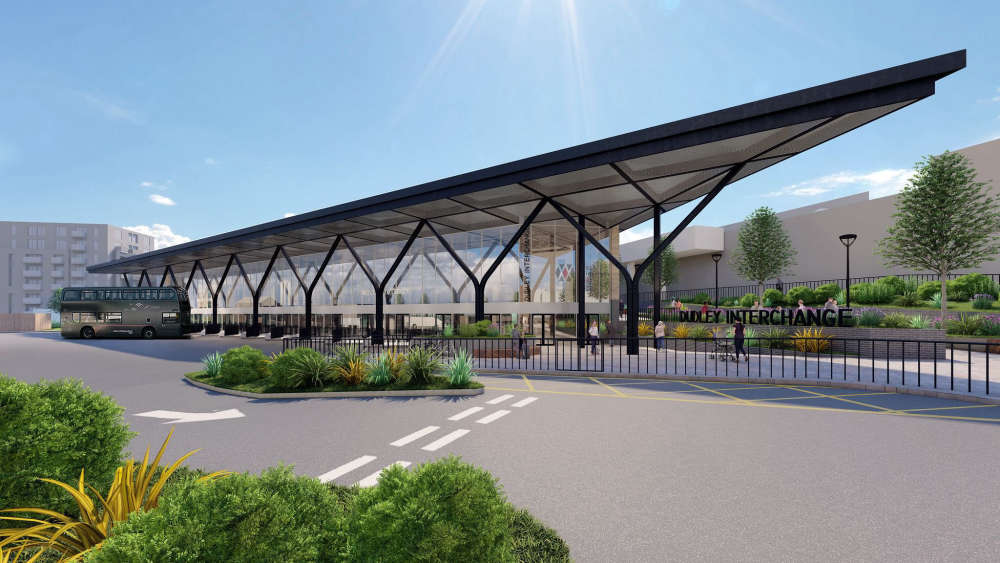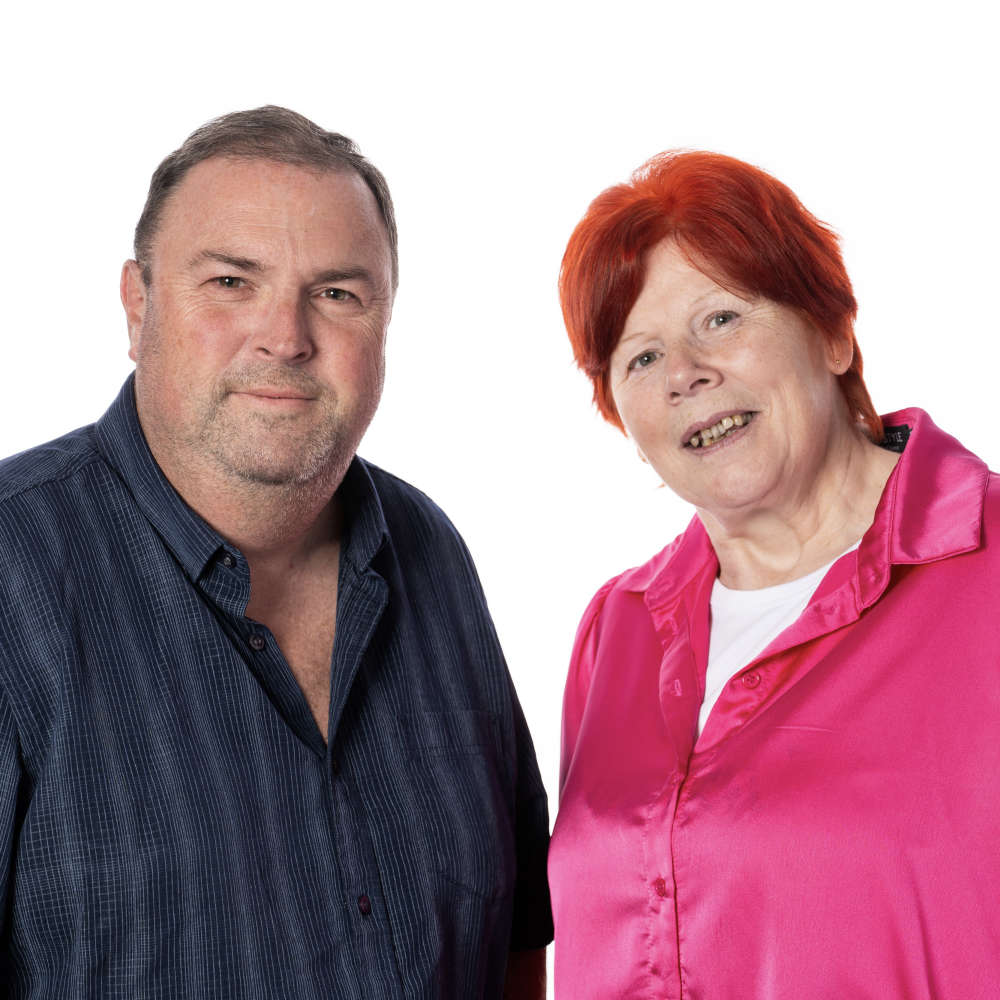
Transport for West Midlands is investing £6.1 billion to deliver a transport revolution across the region, expanding Metro, bus, rail, cycling and walking networks.
The funding has been secured since TfWM was formed as part of the West Midlands Combined Authority and will be invested over the 15 years to 2032, funding scores of projects and connecting communities across Birmingham, Coventry, Dudley, Sandwell, Solihull, Walsall and Wolverhampton.
This average annual investment of £406 million is a tenfold increase on the £38 million secured for public transport in the year before the WMCA was formed – and shows the region is starting to redress years of under-investment.
And today, TfWM confirmed that plans are now being developed for the next five rapid transit routes – to deliver new turn-up-and-go Metro or Sprint rapid bus services. Andy Street, Mayor of the West Midlands and chair of the WMCA, said:
“It’s no secret that our transport infrastructure was woefully underfunded for decades. But since the formation of the WMCA and with the region pulling in the same direction, we have started to redress that underinvestment and increased our funding more than tenfold to deliver a green transport revolution.
“We are already seeing unprecedented investment with construction well underway on the Wednesbury to Brierley Hill and Birmingham Eastside Metro extensions, six new railway stations and our Sprint bus route. By building a ‘turn up and go’ network we can make the most impact in persuading people to leave their cars at home and avoid busy, congested roads.
“And, with at least £2.6 billion more to invest over the next few years, we are now turning our attention to what comes next, such as taking Metro further along Hagley Road and extending the tram route from Digbeth through East Birmingham and North Solihull.
“Alongside this we have identified a priority list of further routes so that as we pull in still more funding we have projects ready to go. This approach means we can grow our network in a clear and coordinated way to deliver the most benefit for our travelling public.”

Since 2017, a £3.5 billion investment secured by TfWM has boosted the region’s transport network with scores of large and small projects. These include the four extensions to the existing Metro line and six new railway stations in Birmingham and the Black Country, a major Sprint rapid bus route stretching from Walsall to Solihull, a fleet of more than 300 zero-emission electric vehicles in Coventry and a cycle hire scheme across eight town and city centres.
Linked to this, is investment in payment systems and passenger information to allow people to better plan their journeys and select and pay for their tickets across all transport modes and operators. This includes development of contactless fare capping across modes, using the region’s Swift scheme, to guarantee passengers the best value fare and create a truly integrated transport system for the West Midlands.
A further £2.6 billion has already been secured to further improve our transport system until 2032 – meaning at least £6.1 billion will be invested in the region’s transport over 15 years to make people’s journeys more convenient, quicker and greener, while helping to reduce traffic congestion and pollution.
The next two rapid transit routes, for which detailed business cases are now being worked up, are along Hagley Road in Birmingham and on through Sandwell to Dudley and further extending the line from Digbeth, through East Birmingham and North Solihull. Subject to the business case, construction work could start as early as 2028.
Plans are also being worked up to extend the Wednesbury to Brierley Hill Metro route into Walsall at one end and Stourbridge at the other. A rapid transit route will also be introduced on the A38 between Birmingham and Longbridge. Longer term development of a link from Wolverhampton city centre to New Cross Hospital is subject to a feasibility study.
Three locations have also been earmarked for new railway stations at Castle Bromwich, Coventry East and Tettenhall – with early planning work underway.

In tandem with these, the ground-breaking Very Light Rail technology, which could build tram systems for half the cost, in half the time of traditional light rail, is being developed in the region with the construction of a demonstrator track in Coventry city centre planned for later this year.
These, as well as the ongoing development of a network of cross-city rapid bus routes, are part of TfWM’s plans to decarbonise our transport by offering people sustainable, convenient and affordable alternatives to the private car for their journeys. Some of the cross-city bus routes could be upgraded to full Sprint or Metro routes as demand increases.
Soon to benefit from this investment are the residents and businesses in Dudley town centre where the new Metro tramway, due to open within the next year, will offer direct rapid connections to Wolverhampton, West Bromwich and Birmingham.
The mayor was today in Dudley town centre for the start of demolition of the bus station which, having opened in 1986, is now out of date and being replaced with a new state-of-the-art Interchange. When complete next year this will offer travellers a modern, accessible environment and seamless connections between bus and Metro services.

Work is also progressing on the first phase of the Metro extension, one of the schemes being designed and delivered by the Midland Metro Alliance. This will introduce rapid transit services to the town centre, as well as stops for the Black Country Living Museum and Dudley Zoo and Castle, for the first time. Communities along the route – including Tipton and Great Bridge - will also benefit from better connections.
Construction work on phase two of the extension between Dudley town centre and Brierley Hill will start next year following the confirmation of full funding last autumn in the Government’s Network North announcement. This phase will link Metro to the Merry Hill Shopping Centre. Cllr Paul Bradley, deputy leader of Dudley Council, said:
“There is a transport revolution underway in Dudley with key projects taking shape. The new transport interchange is absolutely central to the gathering momentum to create world-class transport facilities in Dudley borough and I am delighted to see the start of this important project.
“When complete it will bring more people, give businesses and tourism a boost and continue our drive to regenerate Dudley.”
The work adds to £1 billion worth of regeneration plans in Dudley borough including the Portersfield mixed-use development, the Very Light Rail National Innovation Centre and the new university campus on Castle Hill.













Comments
Add a comment